The spirit of the protest movement and the economic suffering of the people have been channeled into the electoral outcome.
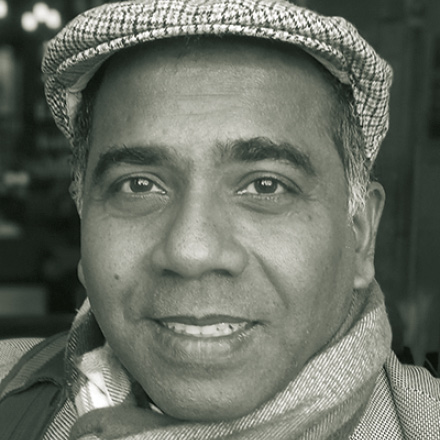

By Ahilan Kadirgamar and Devaka Gunawardena
The victory of the National People’s Power (NPP) candidate, Anura Kumara Dissanayake, in Sri Lanka’s presidential election held on 21 September 2024 testifies to the enduring strength of democracy in the country. During crucial historical moments, the people have used the ballot to drastically shift Sri Lanka’s political direction. The consequences of the electoral shake-up will continue to unfold, including in the upcoming parliamentary election scheduled for 14 November 2024. At the heart of the recent election are the shifts in the popular consciousness that have occurred in conjunction with an unprecedented crisis, along with the tremendous protests that followed.
From a historical perspective, the Janatha Vimukthi Peramuna (JVP)—the chief constituent party of the NPP coalition—has reached its own accommodation with the Sri Lankan state that it once opposed with violence. The JVP not only led failed insurrections in 1971 and from 1987 to 1989 but it also adopted a Sinhala Buddhist nationalist position against the devolution of power to address Tamil aspirations. During the last decade, however, the JVP and, subsequently, the NPP have been strong advocates for democratic rights in parliament. Nevertheless, the reluctance of the NPP to take a clear and public stand on power-sharing has undermined their capacity to win over large sections of the minority communities.
At the same time, the energies flowing from the recent protest movement and the tremendous economic suffering of the people have been channeled into an electoral outcome, which expresses deep popular frustration. The ascendance of Dissanayake, the new President from humble origins, represents a rejection of elitist politics. The NPP does not belong to any of the dominant parties or their offshoots that have ruled Sri Lanka since independence. On a more fundamental level, the political shift is a proxy measure of the economic crisis that has ravaged people’s livelihoods and compelled many to seek solutions from outside the establishment. Dissanayake, however, now finds himself in the awkward position of running the state during a period of severe fiscal austerity. Any change in approach will necessarily require confrontation with the elite, both domestic and foreign.
Most obviously, that leverage is embodied in the extent to which even Dissanayake has had to publicly reaffirm his commitment to the ongoing International Monetary Fund (IMF) Agreement that was originally signed in March 2023. It presents itself as a way out of the economic crisis for Sri Lanka by demanding that the government create an unsustainable primary budget surplus of 2.3% of GDP for the purpose of repaying Sri Lanka’s creditors. The fact that the IMF Agreement contains no talk of a real development strategy, outside of stale rhetoric about unlocking growth and attracting investment from abroad, means that Sri Lanka is much less equipped to address the economic depression. The downturn has been characterized by rising poverty and dispossession. The future of the next generation is itself at risk. In addition, stressors in the global economy range from a broken international financial system built on extraction through commercialized debt to climate change and geopolitical conflict. These pressures have pushed scores of countries in the global South into varying levels of debt distress since the beginning of the COVID-19 pandemic.
Meanwhile, the restructuring of Sri Lanka’s external debt has been used by powerful Western bondholders to extract even greater profits. Debt restructuring involves solutions such as swaps of existing bonds for macro-linked instruments. These will force Sri Lanka to pay more in principal and interest to the bondholders if the GDP in dollar terms grows, which means that there is little debt relief. Consequently, Sri Lanka is likely to fall deeper into a debt trap, while the IMF demands that Sri Lanka conform to a trajectory subordinating the country to capital markets. The mere fact that the IMF Agreement anticipates that Sri Lanka will resume external commercial borrowing from 2027 onwards, with the issuance of new sovereign bonds, implies that Sri Lanka is returning to the same path that led to the debt crisis.
The previous Wickremesinghe–Rajapaksa government used the watchword of stability to portray itself as a reliable pupil of the IMF. It emphasized its adherence to the macroeconomic conditions of the IMF Agreement. But in addition to the inevitable deepening of the debt crisis, an emphasis on stability conflicts with the ethos of Dissanayake’s victory. Capitalizing on the vague yet potent slogan of “system change” that was introduced during the aragalaya (“struggle” in Sinhala), the NPP claims to represent the culmination of that movement. In addition to reasserting their commitment to the formulation of a new constitution, Dissanayake has promised to abolish Sri Lanka’s vexed Executive Presidency and proceed ahead with devolution. The latter is a long-standing demand of the Tamil minority in the north and east. It remains to be seen whether the Dissanayake government will have the political will to ensure such change.
When it comes to recent legislation, however, the NPP further confronts a new set of barriers, specifically those created by the previous government led by Wickremesinghe. Restraints include the over 100 laws passed during the last 30 months. They range in focus from trying to entrench the IMF Agreement through law with the Economic Transformation Act, to the Online Safety Act which is designed to restrict the space for dissent. Moreover, they are the product of a parliament that was delegitimized by the uprising of July 2022.
In this context, Dissanayake’s victory is an indirect response to the counter-revolution against aragalaya. This reaction has receded into the political background. But it continues to shape the economic measures that can be adopted in response to the crisis. Accordingly, even in the aftermath of the elections, the new government faces potential pitfalls. They include the possibility of a government that is hamstrung and unable to pursue a real break with the extractive model imposed by powerful countries and creditors represented by the IMF, along with the dangers of a revival of xenophobic forces. The latter are in retreat after the collapse of the authoritarian populist regime led by Gotabaya Rajapaksa.
Meanwhile, the NPP is already seen, if not condemned, as “Marxist” in much of the Western-dominated media coverage of the elections. It is a term that functions more as a slur to delegitimize the incoming government, rather than a description. However, the resilience of Sri Lankan democracy cannot be grasped through this biased international portrayal or, for that matter, even the internal debates within the victorious coalition. Instead, the power of democracy must be identified in the surrounding swirl of popular discontent that has brought the NPP to power. These forces ushered in a tentative break in the elitist representation of Sri Lanka’s political leadership. At the same time, the distance between the state, which provokes angst and frustration, and those seeking real change must be further situated in the context of an international balance of forces.
The domestic tendencies behind the unraveling of political parties, which facilitated Dissanayake’s victory, are bound to challenge austerity under IMF oversight. Accordingly, they will influence the external and internal realignment that is required to achieve relief, recovery, and, ultimately, development while addressing long-standing concerns of marginalized communities. That includes a much-needed break with austerity through proposals for redistribution of wealth, in addition to non-extractive mechanisms of development financing. It remains to be seen which actors—both inside and outside of the Dissanayake government—can capitalize on such a shift in popular consciousness. Can they reinvigorate the power of democracy that was witnessed in a brief yet powerful way in the recent elections?
The article “Sri Lanka: Shifts in Political Consciousness” was first published in Economic & Political Weekly on 05th October 2024
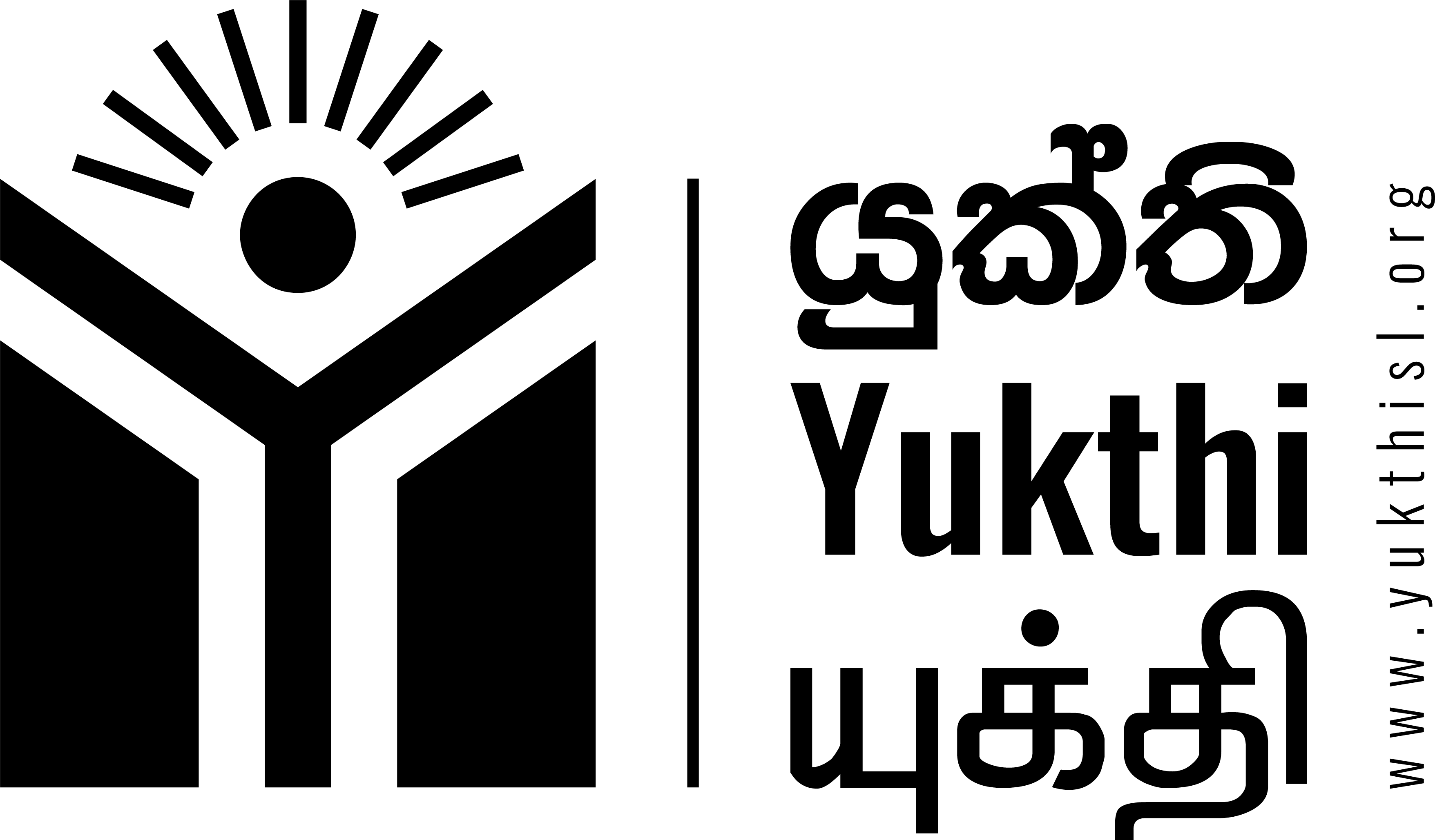

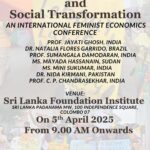
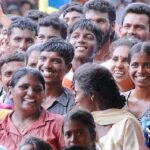
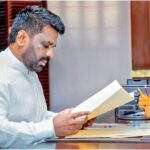

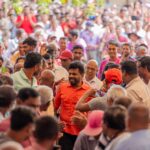

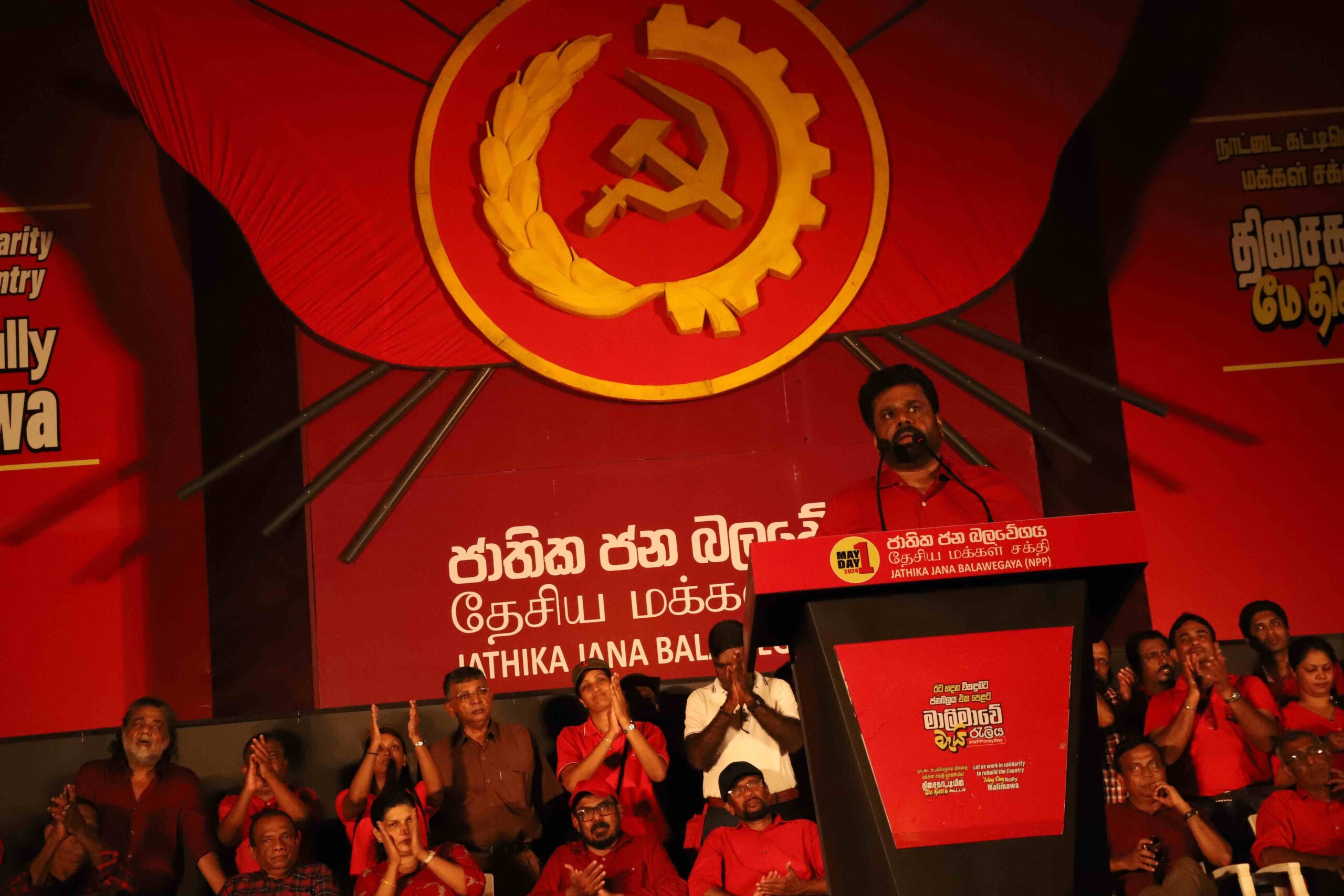
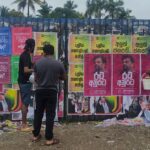


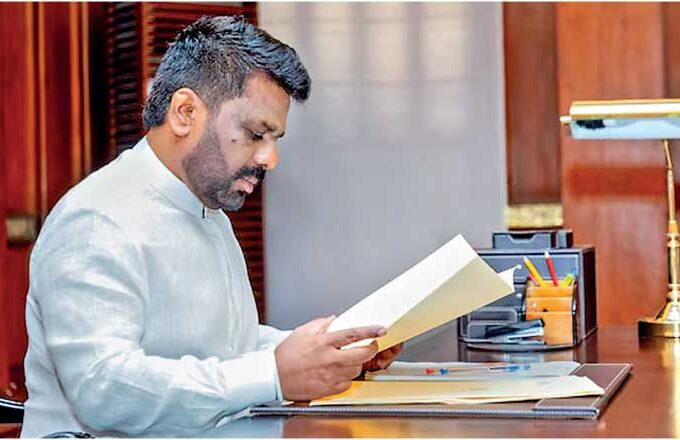
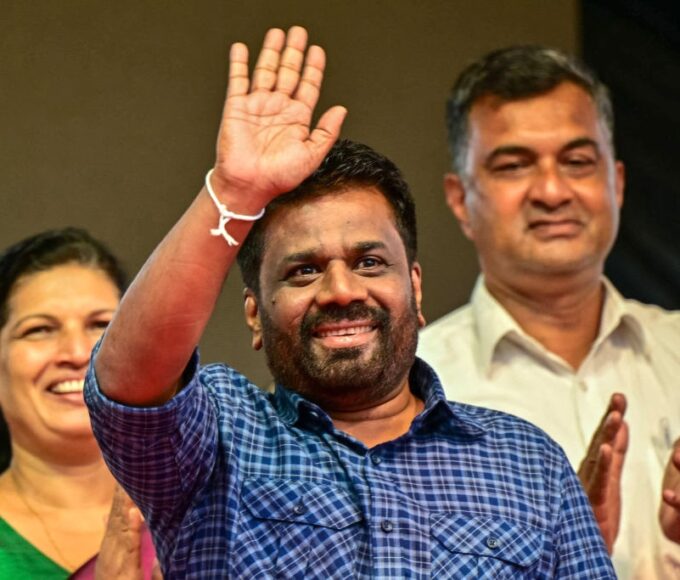

Leave a comment